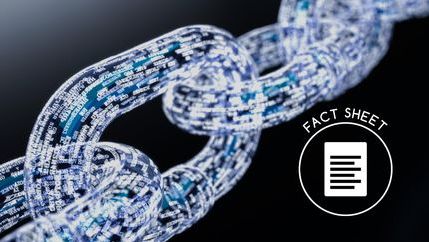
Propertymark has been a longstanding advocate of a more streamlined and transparent home buying and selling process. HMLR’s vision aligns closely with our recommendations in The Future of Home Buying and Selling position paper, where we urged the UK Government and regulators to prioritise consistent data standards, improved collaboration, and modernised digital systems to reduce fall-throughs and delays.
We will continue to work with our members, other stakeholders, and decision makers to ensure that agents are supported through this transformation and that the benefits of digitalisation reach professionals and consumers alike.
Moving towards a fully digital register
HMLR’s goal is to create an online land register combining ownership, leasehold, and rights information that can be accessed and overlaid with other public datasets such as planning, environmental or infrastructure data. This will allow users to see property information in map form and interrogate multiple data layers at once, saving time and reducing duplication across the market.
For agents, this means faster access to accurate property data, fewer manual searches, and improved confidence in ownership and title information. Over time, HMLR expects to digitise and interconnect its spatial and textual data, enabling property professionals to view, combine and reuse data safely in modern information systems.
Automation and AI in conveyancing
By 2030, HMLR plans to automate most simple register updates, including remortgaging and straightforward sales, and offer near-instant services for home buying and selling. More complex cases will continue to involve human oversight and quality assurance.
The use of AI will also help detect inconsistencies, verify identities digitally, and flag suspicious activity. HMLR has committed to maintaining strong ethical and accountability standards around AI use to safeguard customer data.
Expanding open data and APIs
The strategy promises greater collaboration through open data and new application programming interfaces (APIs), allowing agents and PropTech firms to integrate Land Registry data directly into their systems. This shift towards shared data standards will support innovation across the sector and reduce the administrative burden for agents who need to verify property information or track transactions.
Opportunities and challenges
For estate and letting agents, these changes will bring both opportunities and responsibilities:
- Faster transactions – automation will shorten the time between offer and completion.
- Better data access – instant title and ownership checks will support compliance and client service.
- Reduced risk – improved digital verification tools and Property Alert notifications will help detect fraud and unauthorised activity early.
- Higher expectations – as systems become digital by default, agents will need to adapt workflows and upskill teams in data handling and digital compliance.
What’s next for agents
Digitalisation offers huge potential to make transactions faster, safer and less stressful for buyers and sellers.
In preparation, agents should consider exploring software and platforms that connect directly with HMLR’s data services and reviewing internal systems to ensure client and property data are handled securely.









